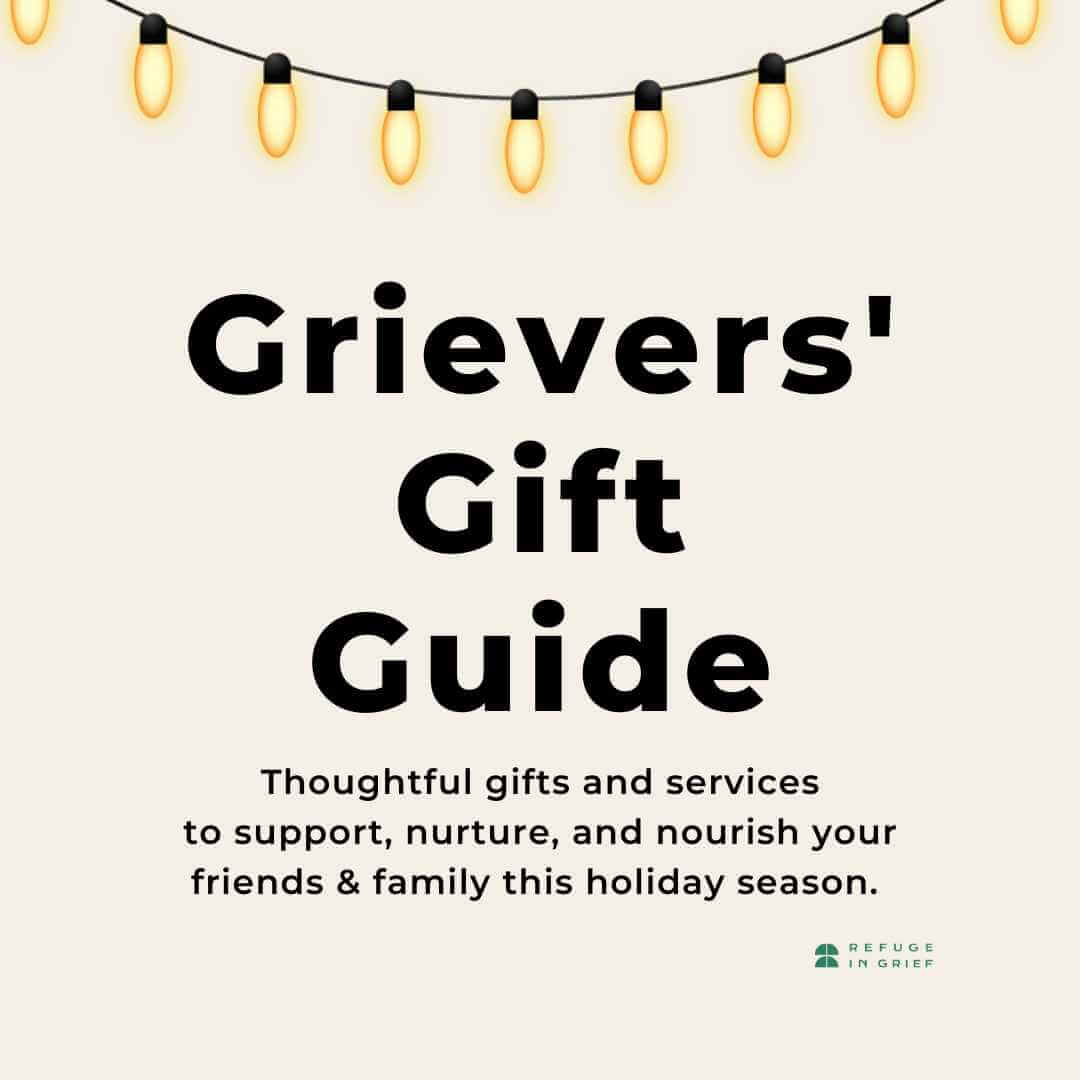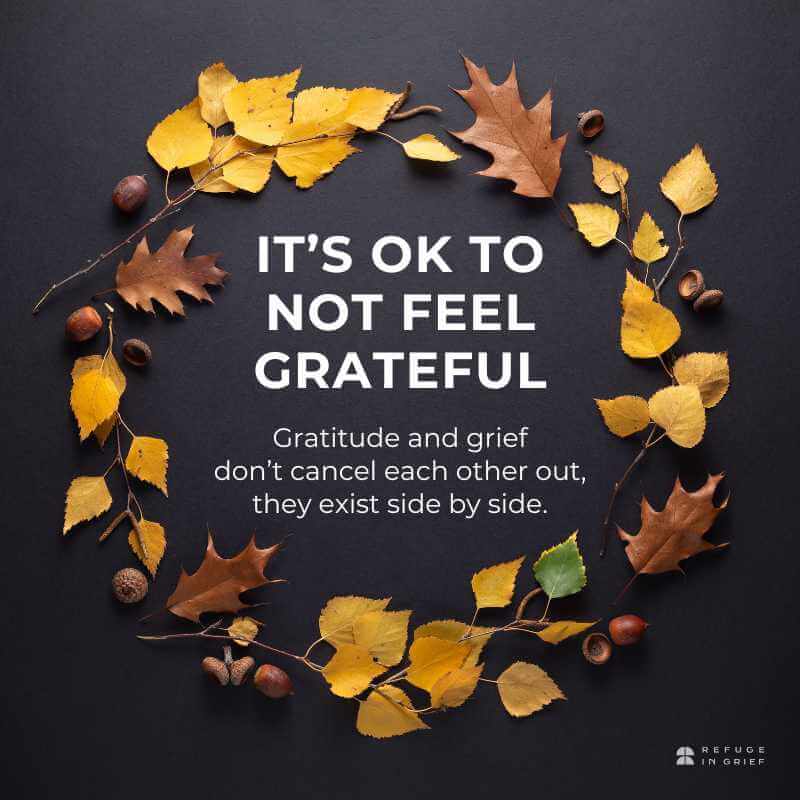Fatigue Can Shatter a Person – Chronic Fatigue, Long Covid, and Grief
There’s so much grief involved in chronic illness: grieving the body you once had, feeling misunderstood and dismissed.
American society tends to equate inactivity with immorality, and productivity with worth. Faced with a condition that simply doesn’t allow people to move—even one whose deficits can be measured and explained—many doctors and loved ones default to disbelief.
From The Atlantic:
Fatigue is among the most common and most disabling of long COVID’s symptoms, and a signature of similar chronic illnesses such as myalgic encephalomyelitis (also known as chronic fatigue syndrome or ME/CFS). But in these diseases, fatigue is so distinct from everyday weariness that most of the people I have talked with were unprepared for how severe, multifaceted, and persistent it can be.
For a start, this fatigue isn’t really a single symptom; it has many faces. It can weigh the body down: Lisa Geiszler likens it to “wearing a lead exoskeleton on a planet with extremely high gravity, while being riddled with severe arthritis.” It can rev the body up: Many fatigued people feel “wired and tired,” paradoxically in fight-or-flight mode despite being utterly depleted. It can be cognitive: Thoughts become sluggish, incoherent, and sometimes painful—like “there’s steel wool stuck in my frontal lobe,” Gwynn Dujardin, a literary historian with ME, told me.
Fatigue turns the most mundane of tasks into an “agonizing cost-benefit analysis,” Misko said. If you do laundry, how long will you need to rest to later make a meal? If you drink water, will you be able to reach the toilet? Only a quarter of long-haulers have symptoms that severely limit their daily activities, but even those with “moderate” cases are profoundly limited. Julia Moore Vogel, a program director at Scripps Research, still works, but washing her hair, she told me, leaves her as exhausted as the long-distance runs she used to do.
And though normal fatigue is temporary and amenable to agency—even after a marathon, you can will yourself into a shower, and you’ll feel better after sleeping—rest often fails to cure the fatigue of long COVID or ME/CFS. “I wake up fatigued,” Letícia Soares, who has long COVID, told me.
Read Ed Yong’s entire article at this link.
(You may need a subscription to read this, or try opening it in a private browsing window.)
For more on grief and living with chronic illness, listen to Living with Chronic Illness: A Conversation for Everyone with a Body, with Sarah Ramey on the It’s OK that You’re Not OK podcast.


